Health Education and Training: Why Governments Should Care
In a world that constantly faces health challenges, governments have a vital role to play in promoting and prioritizing the well-being of their citizens. One crucial aspect that often gets overlooked is health education and training. Although the US government has set up the American Health Training Association with the aim to offer organizations and individuals the training materials required to maintain a safe work environment, improve public health outcomes, and reduce healthcare costs, there is a need for stringent follow-up and planning.
Empowering Individuals and Communities:
Health education and training empower individuals with knowledge and skills that are essential for making informed decisions about their well-being. By providing access to accurate and up-to-date information, governments can help individuals take charge of their health and adopt healthy lifestyles. Moreover, educated communities become active participants in their own healthcare, leading to better disease prevention and management.
Reducing the Burden on Healthcare Systems:
Inadequate health education often contributes to the burden on healthcare systems. By investing in education and training, governments can shift the focus from treating diseases to preventing them. A well-informed population is more likely to engage in preventive measures, such as vaccinations, regular check-ups, and healthy habits. This proactive approach can significantly reduce the strain on healthcare systems and alleviate the financial burden associated with treating preventable illnesses.
Tackling Health Inequalities:
Health education and training can play a pivotal role in addressing health inequalities. Certain demographics, including low-income communities and marginalized groups, often face limited access to quality healthcare and health information. By prioritizing education and training initiatives, governments can bridge these gaps, ensuring that everyone has equal opportunities to make informed decisions about their health. This empowers individuals to break free from the cycle of poor health habits and enables the pursuit of healthier lives for all.
Fostering Economic Growth:
Health education and training go hand in hand with economic development. A healthy population is a productive population. When individuals are equipped with knowledge about nutrition, hygiene, and disease prevention, they experience fewer health-related absences from work and are more likely to contribute actively to the economy. Furthermore, reduced healthcare expenditures resulting from preventive measures allow governments to allocate resources to other sectors, fostering overall economic growth.
Strengthening Resilience in Public Health Emergencies:
In times of public health emergencies, such as pandemics or natural disasters, the significance of health education and training becomes even more evident. Governments need well-prepared and educated citizens who can understand and adhere to guidelines, recognize symptoms, and take appropriate actions to safeguard themselves and their communities. Effective health education campaigns can be the difference between chaos and resilience in times of crisis.
Conclusion:
Governments hold a critical responsibility in ensuring the well-being of their citizens, and health education and training are powerful tools they can leverage. By investing in these areas, governments empower individuals, reduce the burden on healthcare systems, tackle health inequalities, foster economic growth, and strengthen resilience during public health emergencies. It's time for governments worldwide to recognize the immense value of health education and training and prioritize it as a fundamental component of public policy. Together, let's build healthier, happier, and more informed communities for generations to come.



